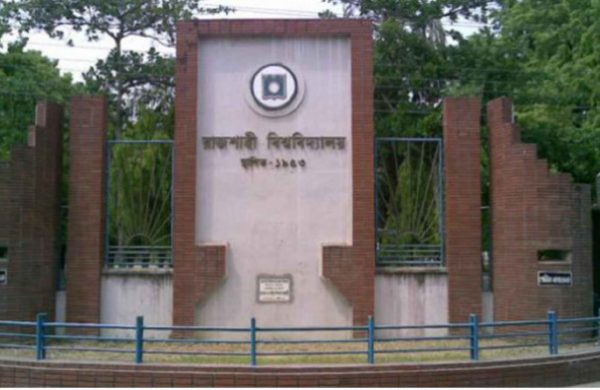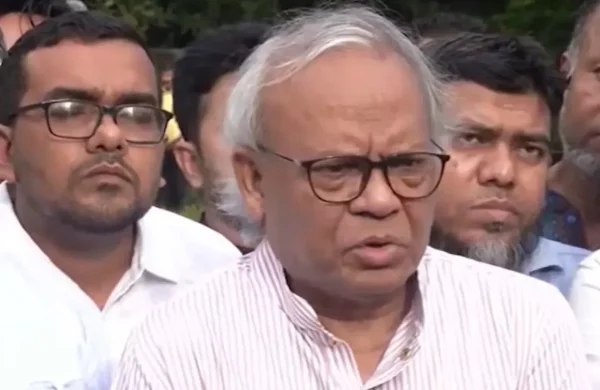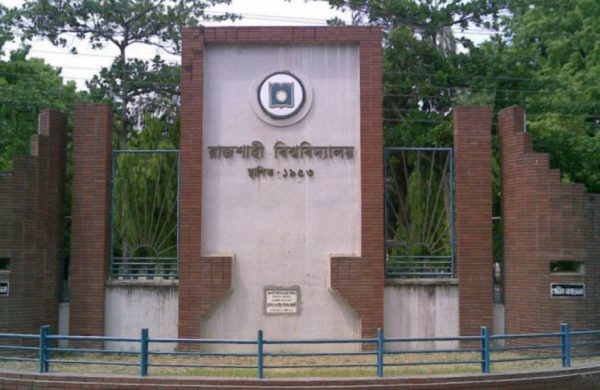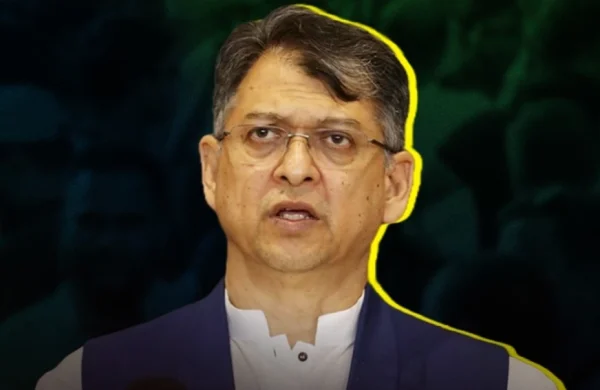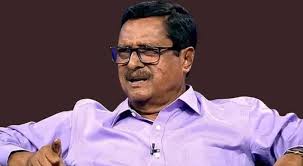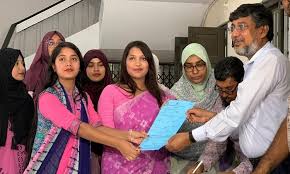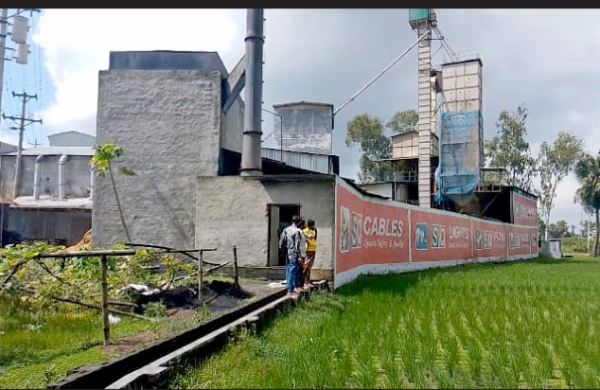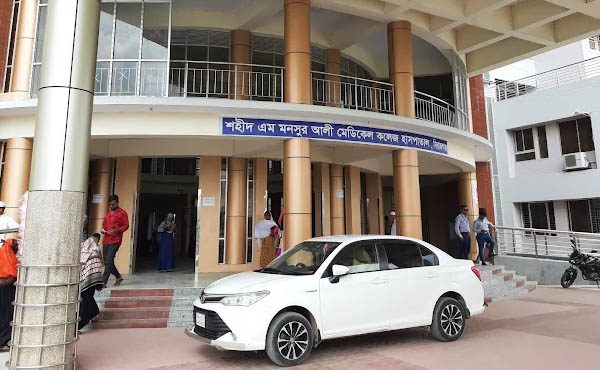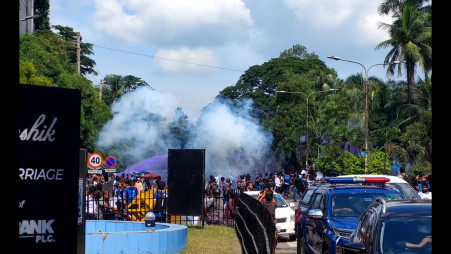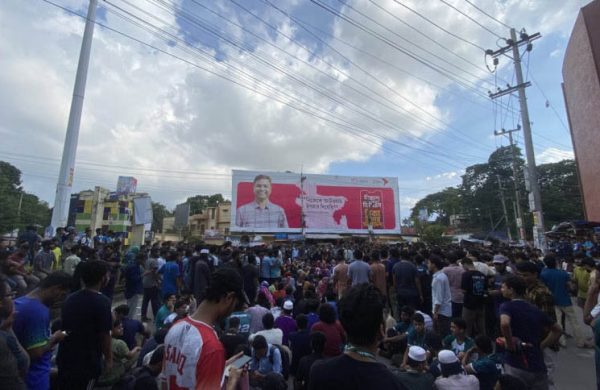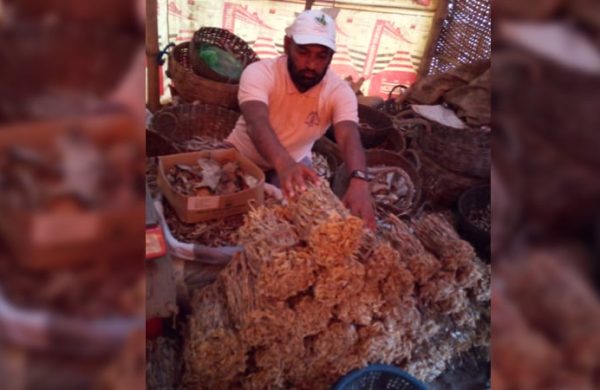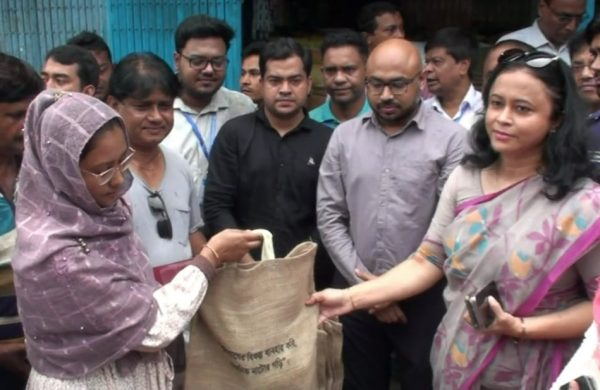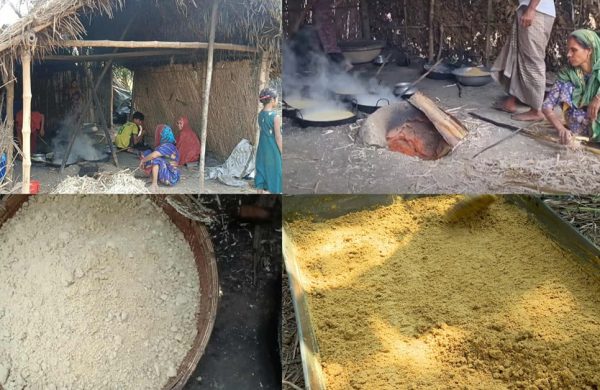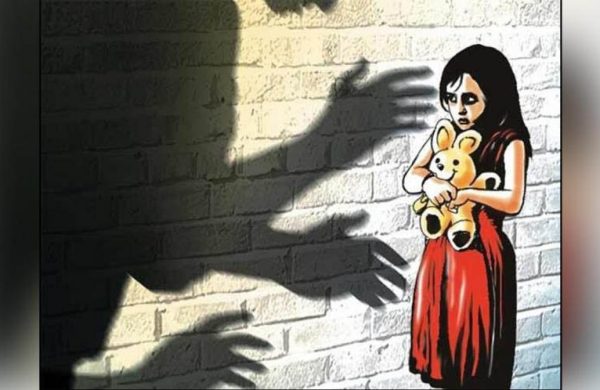Govt faction blocking pro-democratic forces: Fakhrul
- Update Time : Wednesday, August 27, 2025
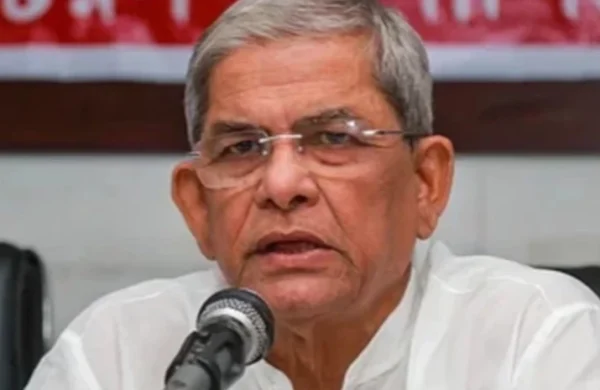
Staff Correspondent:
BNP Secretary General Mirza Fakhrul Islam Alamgir on Wednesday alleged that a section within the government is deliberately working to prevent pro-democratic forces from assuming power in the country.
“A section within the government is deliberately trying to prevent pro-democracy forces from coming to power. We must stay alert and work harder,” he said at a discussion meeting at the Jatiya Press Club, marking the 10th death anniversary of veteran politician Kazi Zafar Ahmed.
He said reports of Bangladeshi officials and advisers being harassed by Awami League activists in New York left them frustrated and unsure where to turn.
Referring to more recent reports, the BNP leader said, “I saw a big news item published that a Bangladeshi, known for bank looting at home, has given Tk 2,500 crore to Sheikh Hasina while in Delhi, and planned how to use that money to stop Bangladesh’s election and bring Hasina back again.”
Fakhrul said, “Through an uprising, we must move from a terrible fascism towards a democratic transition. We are working for that. Much has already been done. On state reforms, political parties have reached consensus on many issues, though on some they could not. An election date has also been announced.”
“We have formulated a 31-point programme that incorporates all the reforms. From the beginning, we supported reforms, realising that democracy cannot be established under the existing state structure. Whatever cooperation was needed for reforms, we have provided to the interim government,” he added.
The BNP leader said they had not created obstacles anywhere, nor had they raised major demands to oppose the government on the streets.
Unfortunately, he said, some political quarters were deliberately raising new demands to thwart or disrupt the election. They were making demands unfamiliar to the people of Bangladesh, where even the concept of ‘reform’ was not widely understood, he added.
Turning to proportional voting, he said, “Explaining proportional voting will take time, it is very difficult to understand. After casting your vote, you do not know who you voted for. You think there is a popular person in your area and you vote with him in mind, but it turns out someone else is elected. This is not yet clear to us, nor to the general public. Yet they are threatening loudly with such issues.”
Questioning the motives behind such moves, he said that they were like a burnt cow, having seen that whenever change occurred, others took advantage of it. He added that the longer it took to hold elections, the more others benefited.
He further remarked that the 1/11 government had stayed in power for two years and then handed over authority to fascists. Over the last 15 years, he said, they had suffered the consequences, as the country’s economy had been destroyed, its political structure dismantled, and the people’s mindset changed.
“In politics I have never felt depressed, never lost hope. I have always inspired and given courage. But lately, a sense of despair has been lingering. Why? Because wherever I look, most people seem corrupted. Corruption is rampant—you cannot go to any office or court. A businessman said that previously he had to pay Tk 100,000, now it is Tk 500,000,” Fakhrul said.
He lamented that the expected change in mindset has not materialised. “Unfortunately, political leaders themselves have become involved, which is causing further damage to Bangladesh.”
Calling for unity, Fakhrul said that to save Bangladesh, everyone needed to come forward, as it was their country.
The BNP leader recalled that in 1971 they had fought the war, during which many were killed and many lost brothers, sisters, and mothers as martyrs. “Numerous homes had been burnt and villages set ablaze.”


